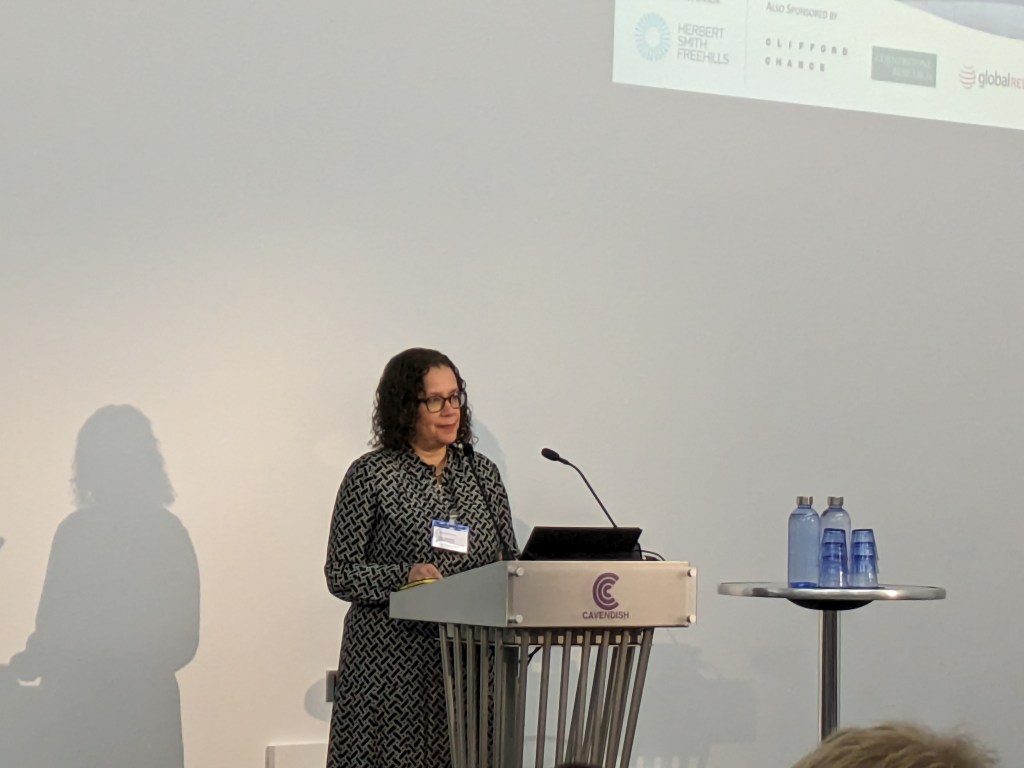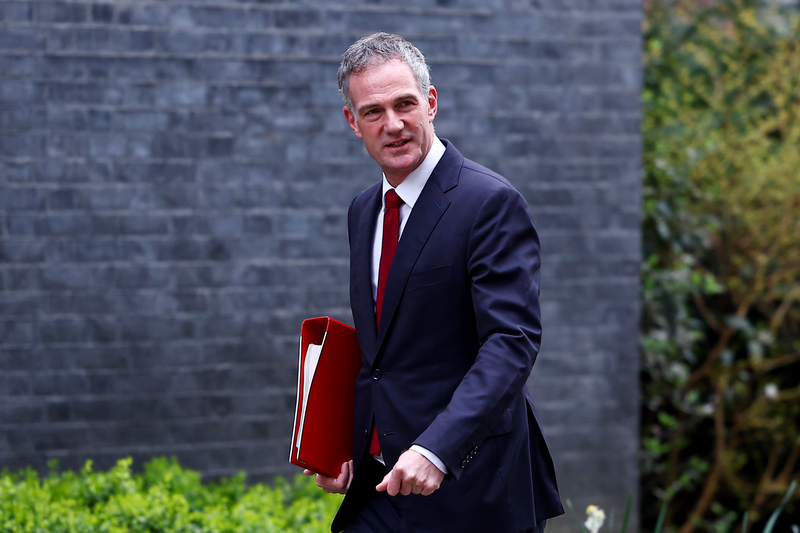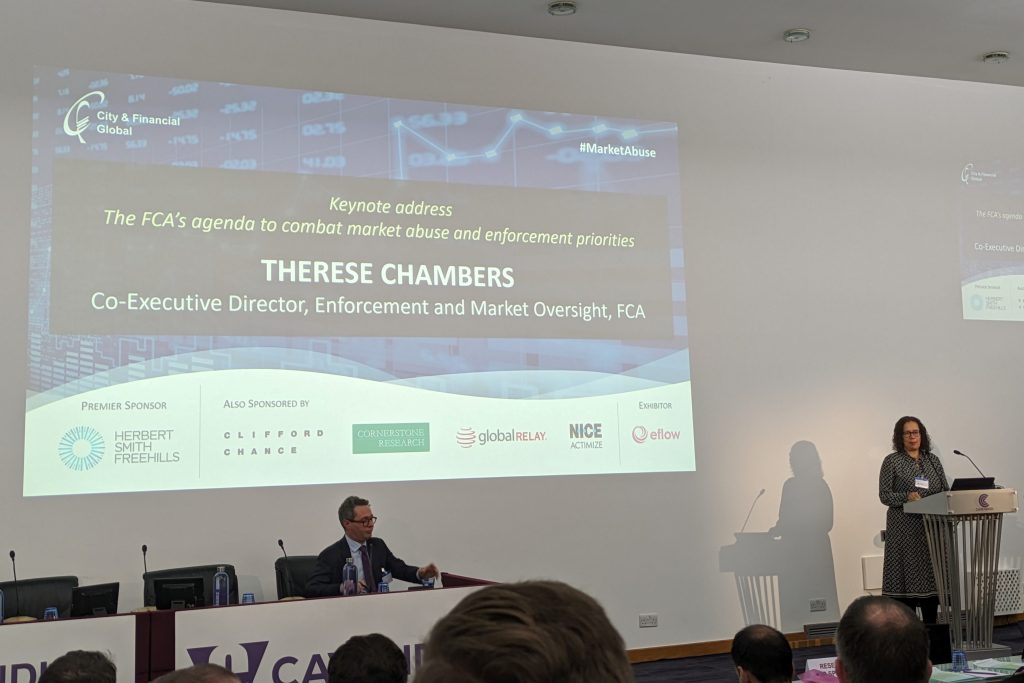GRIP attended the City & Financial Global Market Abuse Summit to hear Therese Chambers, Co-Executive Director, Enforcement and Market Oversight, FCA, explain the regulator’s new approach to combating market abuse and enforcement priorities.
Chambers impressed upon the conference that when there’s a lot to do, “we need to work smarter” by prioritising work, investing in labour-saving tools and making sure “we are focusing on the right things in the right way”.
And she added: “If you are responsible for too many tasks, it is impossible to give each of them equal attention. And nor should you – some things are more important than others”.
Key takeouts
- Enforcement is just one of the FCA’s tools – industry cooperation, assertive supervision and intervention powers are also key in dealing with harm.
- The FCA must speed up investigations to thwart criminals and send a signal to markets and consumers.
- The FCA needs industry and regulators to pull together to stop opportunistic market abuse and its corrosive effects.
- The FCA must improve transparency around enforcement cases.

Enforcement approach
“The first rule of enforcement club is that you do in fact talk about enforcement club,” said Chambers, stressing the need for increased transparency.
The regulator wants to deliver an “impactful deterrence through our enforcement activity. We want to increase transparency around this work, quicken our pace and strengthen our focus,” said Chambers.
The proposals for a new approach to publicising enforcement investigations are now out for consultation.
“Enforcement is not just about the prison sentences, fines and censures. It is about communicating what the FCA’s plan is and deterring bad behavior”, she added.
Speed and collaboration
“We must also tackle the delay between misconduct occurring and a penalty being imposed if we are to boost confidence in our markets”, said Chambers. She explained that the longer it takes for outcomes to be determined or justice to be served, the longer it takes for the FCA to tell the markets what the serious misconduct is.
The FCA has been looking at how it can be more effective at evolving its enforcement approach while keeping it in line with the top strategic priorities, which are to reduce and prevent serious harm and test and set higher standards.
In the markets context, the FCA wants to deliver “assertive action on market abuse” and reduce and prevent financial crime. Chambers understands the public and stakeholders wanting to scrutinize “the size of the fines we dish out, the number of convictions we secure and the bans we impose”.
This why the FCA has asked itself, “is our enforcement activity acting as the ultimate deterrent?”
Secondary aims
One of the FCA’s secondary strategic aims is to help to keep markets clean and therefore drive growth. “Be in no doubt: pursuit of growth and international competitiveness does not mean we will back away from tough cases or cool our investigation when the going gets hot”, said Chambers, referring to herself and Steve Smart, co-executive director, former NCA head, as the “bad cop, bad cop” double act.
The FCA has “plenty of other powerful tools too”, said Chambers. “This part of the regulatory practice is growing and will continue to grow.” Those other tools include:
- deploying business restrictions and use-it-or-lose-it powers for those holding unused regulatory permissions;
- consumer-facing education campaigns such as ScamSmart;
- MarketWatch, which gives firms specific advice, such as the latest edition that details how to avoid being sucked into criminal activity conducted by organised criminal groups.
The FCA’s new approach is to focus on a streamlined portfolio of cases so it can deliver the greatest deterrent impact, at pace and with greater transparency.
Crime and misconduct must not pay
Chambers acknowledged hitting wallets seems to also hit appetites for misconduct in the first instance. Since April 2023, the FCA has imposed fines of £41.5m ($52.5m).
However, where appropriate, the FCA will also refrain from imposing a direct penalty if to do so would “imperil the chances of getting money back to consumers”, she said.
“We must also tackle the delay between misconduct occurring and a penalty being imposed if we are to boost confidence in our markets.”
Therese Chambers, Co-Executive Director, Enforcement and Market Oversight
The total value of frauds from the convictions secured since April 2023 amounts to just under £24m ($30.4m), affecting more than 360 investors and multiple financial institutions.
The ongoing FCA pipeline of investigations involves cases that are far more challenging and complex, with multiple markets, jurisdictions and products, highly technical trading and many suspects determined to evade scrutiny.
“We are not juggling plates; we are juggling boulders. And make no mistake, we have the appetite to tackle tough cases,” said Chambers.
Data driven tools and AI
In future, the FCA’s approach will be more data and technology driven. This will help in highlighting cases as well as speeding up investigations.
“We will have increased our trading data coverage from 500 million records a day to over one billion over the next few months, deepening our coverage of both equity and FICC (Fixed Income and Commodities) markets,” said Chambers.
She said the FCA is looking at AI in order to help with some of these processes and are adopting more automation across the organisation. The FCA is also looking to unblock advancements and investment in AI in market surveillance through its AI Tech Sprint, which will launch shortly.
The Tech Sprint will facilitate the development of these tools in the UK and aims to provide certainty for firms by developing a framework for supervision which balances the needs of explainability and useful innovation in the interests of the market.
“Firms – and many of you here today – are on the frontline. You have access to data about your operations, your employees and your investors. You must use it,” said Chambers. “Cooperation from industry will continue to be crucial.”
Questions from the audience
Chambers was asked to clarify the new publicity proposals.
She said that although the FCA is aiming to speed up the investigation process, there can be delays with getting a trial date. When the FCA sees conduct and system and control failings, it wants to tell the story of the conduct before the end of the case.
In future, the FCA wants to “proactively publish more information about enforcement investigations including their opening and progress.” This will include publishing the identity of the subject of the investigation.
The FCA will apply “the public interest test” – it must be of public interest to publish in advance of the investigation outcome and will be on a “case by case” basis, said Chambers. The FCA does not want to “tip off” people either and publishing names will be in “exceptional circumstances”.
Chambers declined the request to offer examples of past exceptional circumstances when the FCA would have liked to have published details of a case.
On increasing the speed of investigations, Chambers said 65% of cases will close without further action. A lot of these cases take up the same amount of time as cases that culminate in an enforcement action. The FCA’s new strategy will be to close the “no further action” cases at the earliest opportunity.
The FCA will also publish updates on its investigations and announce when cases have been closed where investigations did not lead to regulatory or other action.















